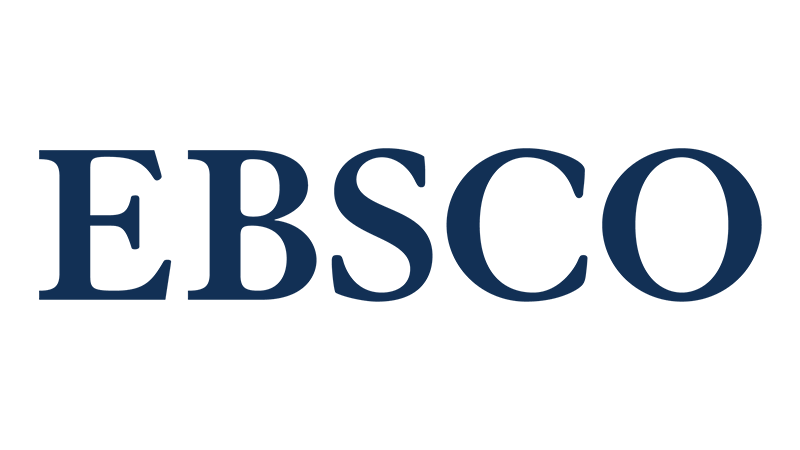
Abstract
Technological development in the information and communication technologies (ICT) sector is essential to attain sustainability in today’s era. Cities have developed satellite towns at the periphery with hi-fidelity digital and physical infrastructure which converts a single cantered city into a multi cantered one. In case of Kuala Lumpur Metropolitan Area (KLMA) the shift of civic services to Putrajaya and development of Multimedia Super Corridor (MSC) which offers incentives to local and foreign companies to develop a super block of research and development based economic sector. This development spearheaded the Malaysian Vision 2020 of knowledge based economy and society and has become an attraction to the business community across Malaysia. The purpose of this paper is to discuss the key factors that have attracted the companies to physically move from KLMA to MSC. To achieve the study objectives, a questionnaire survey and interviews were carried out to collect pertinent information from companies focusing on businesses in finance, insurance and real-estate. The data collected was analyzed to identify the ranking of variables of Bill of Guarantees offered in MSC policy. The study findings suggest that in addition to good infrastructure and good working environment, the tax exemption offered by the government has been the driving force for companies to decentralize towards MSC. The results suggest that the better infrastructure, connectivity, low taxes, low telecommunication tariffs, and land cost were considered as the most important factors for decentralization of ICT companies in Malaysia. The other factors that were highlighted in this study include low cost of doing business, and competitive conditions for attracting companies to avail MSC status. The study also presents the initial hindrances faced by the ICT companies i.e., accessibility issue for city clients and workers, high rental rates of the property and slow development of supportive public amenities in MSC
Keywords
ICT; Knowledge based economy; Multimedia, Super-corridor, Decentralization
DOI
https://doi.org/10.54784/1990-6587.1288
Creative Commons License

This work is licensed under a Creative Commons Attribution 4.0 International License.
Recommended Citation
Tufail, M. A., Abu Bakar, A., Virgiyanti, W., & Arain, F. (2013). Factors leading to decentralization of ICT companies: The case of Multimedia Super Corridor, Malaysia. Business Review, 8(2), 83-97. Retrieved from https://doi.org/10.54784/1990-6587.1288
Included in
Communication Technology and New Media Commons, Digital Communications and Networking Commons
Publication Stage
Published










